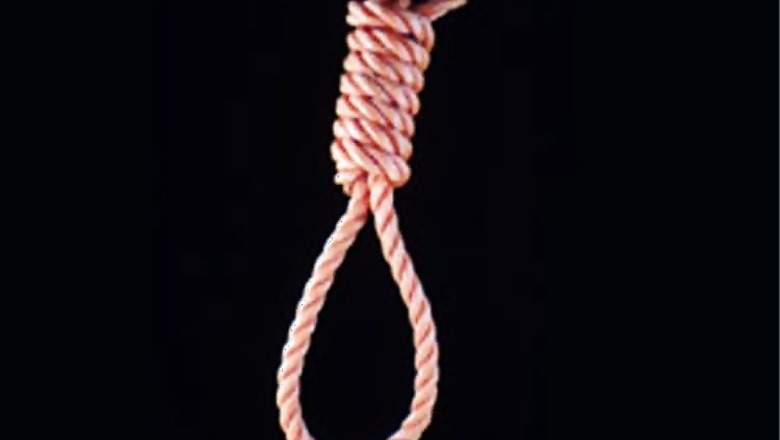
views
New Delhi: Days after its consultation process saw a majority opposing death penalty, the Law Commission will submit its report on the much-debated subject to the Supreme Court next week recommending as to whether capital punishment should be retained or done away with.
The law panel will submit its report to the Supreme Court "sometime" next week on whether India should continue with death penalty or abolish it. A copy will also be handed over to the Law Minister as any call on changes in penal provisions will be taken by Parliament.
The report assumes significance as it comes days after a debate was generated over the hanging of 1993 Mumbai serial blasts convict Yakub Memon.
The Commission is working overtime to complete the report as its three-year term is coming to an end on August 31.
The Supreme Court, in Santosh Kumar Satishbhushan Bariyar vs Maharashtra and Shankar Kisanrao Khade vs Maharashtra, had suggested that the Law Commission should study the death penalty in India to "allow for an up-to-date and informed discussion and debate on the subject".
In a consultation paper released on May 22, 2014, the Law Commission had said that at this juncture, an exhaustive study on the subject would be a useful and salutary contribution to the cause of public debate on this issue.
Such a study will also provide a definitive research-backed orientation to the lawmakers and judges on this very contentious issue, it had said.
The Commission said the study would have to address queries and concerns of courts and present an international perspective on the issue.
Former president late APJ Abdul Kalam and DMK MP Kanimozhi were among the people who had supported abolishing death penalty while responding to the consultation paper.
A discussion held last month on a Law Commission consultation paper on whether capital punishment should be retained or abolished saw most of the participants opposing capital punishment.
While Kalam, Kanimozhi and former West Bengal Governor Gopalkrishna Gandhi, supported the abolition of death penalty, SC Bar Association's Dushyant Dave favoured retaining the capital punishment.
Several of those who responded to the consultation paper and experts who participated in the day-long consultation sought a more unambiguous definition of 'rarest of rare' case where death penalty can be handed down by the courts.
According to the Commission, those who support retention of capital punishment felt its strong need in cases where the sanctity of the society was violated. They have argued that those convicted for capital offences do not deserve an opportunity for reformation, and at times are indifferent to reform.
Retentionists, the Commission said, also believe that the State does not commit an act of revenge, making criminal law personal, but was engaging in the protection of the moral conscience of society.
Abolitionists argued that the issue deserves not an emotional but a rational evaluation. They believe that a less severe sentence will give offenders an opportunity to reform themselves after realising the magnitude of the crime.
For them, the primary purpose of the judicial system should be to reform than punish as nobody is "born criminal".

















Comments
0 comment